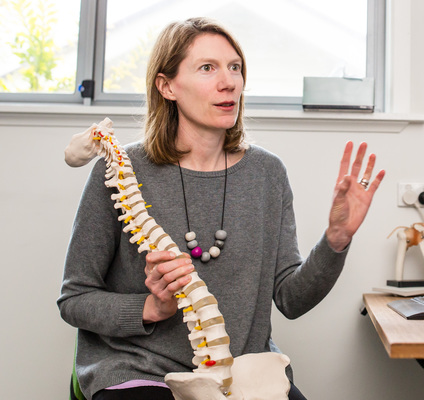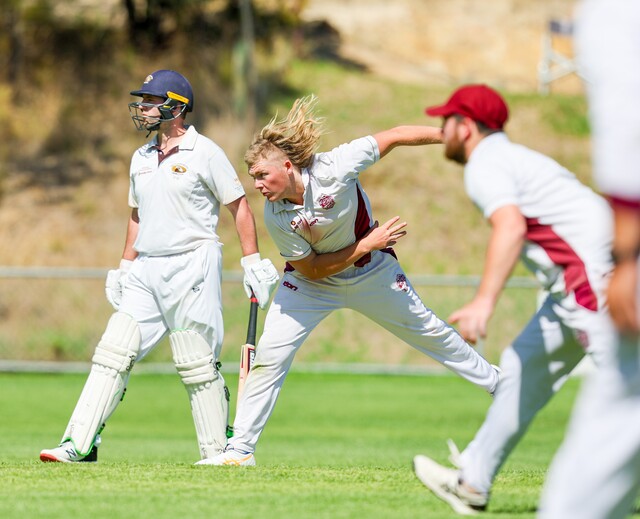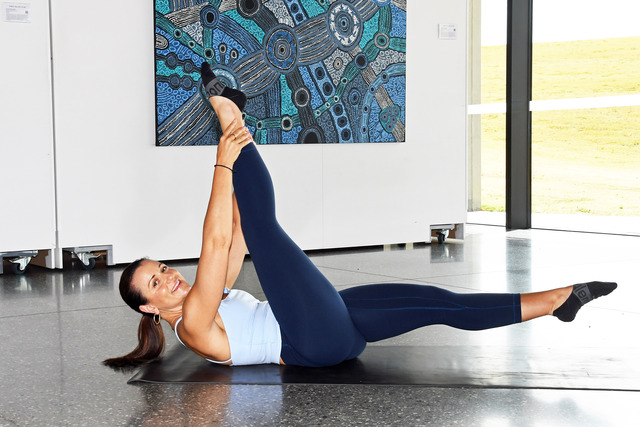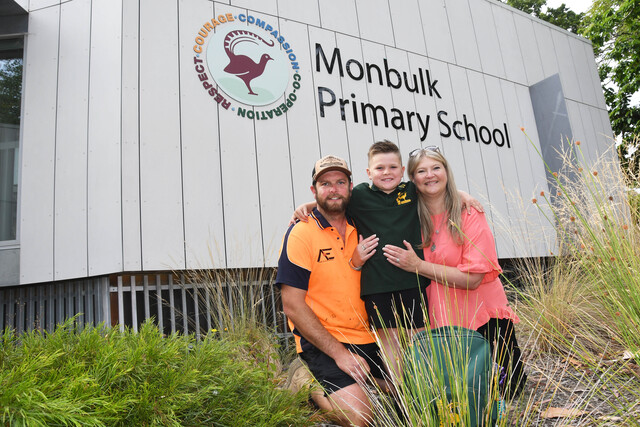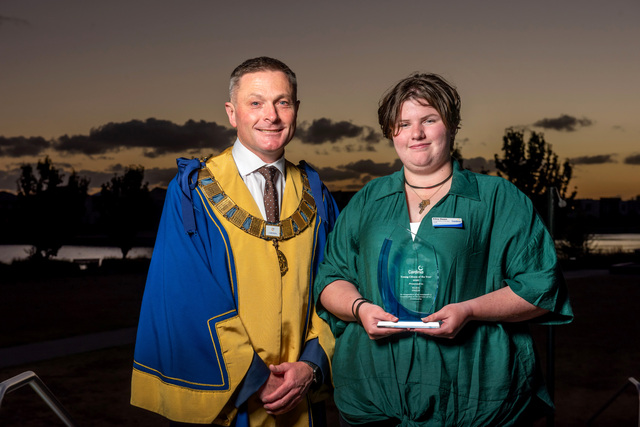Gentleman, this is an article for you. Who loves to stride up the 1000 steps? Lift in the gym or get stuck into manual labour at home? Who pauses to think about protecting their lower back or if their legs are up to the task? And who stops to think about their pelvic floor?
Yes, this article is going to shine a little light on the nether regions!
Research into male pelvic health has about 20 years to catch up to that of females. And while a female pelvis garners much attention what do we know about the male?
Pelvic floor muscles are vital to maintain support and control of bladder and bowel and play a huge role in sexual function.
We know that prostatic enlargement can cause bladder dysfunctions such as frequency, urgency, slow or interrupted urine flow and even bladder obstruction.
Surgery for prostate cancer inevitably results in urinary incontinence and many men struggle to get out of bed without leaking let alone see themselves mowing the lawn or playing a round of golf.
To make things more devastating neural trauma after prostate surgery leads to Erectile Dysfunction (ED) with nerve regeneration painfully slow, if at all.
And ED is not just reserved for the post-prostatectomy patient as up to 40 per cent of over 40-year-olds have some dysfunction which escalates to around 70 per cent of 70 year-olds.
We also know that Chronic Pelvic Pain syndrome, or Chronic Prostatitis, is the most common urological diagnosis in men under 40 years.
It may affect 2-14 per cent of the population and that tight or overactive pelvic floor muscles are often a contributor to symptoms.
Enough of the bleak picture. What can be done to assist men with leakage, pelvic pain or ED?
There is strong evidence that specific pelvic floor muscle training with a physiotherapist before and after prostate surgery can significantly reduce the severity and duration of incontinence.
A study in the UK found that pelvic exercises helped 70 per cent of men with ED regain normal or significantly improved erectile function.
And that bladder training together with pelvic floor down-training or ‘reverse kegels’ can help manage painful symptoms of bladder pain syndrome and prostatitis.
Let’s get the conversation started regarding Men’s Health issues and increase awareness that help is available.
Jen Vardy is hosting a free and informal discussion on Men’s Pelvic Health at Form and Practice (the new name for Dandenong Ranges Physio) in Olinda on 20 November 12.30pm to 1.15pm.
Registrations are essential, or book a session with Jen, by calling the clinic on 9751 0400.

